
Slowing down and truly listening: Jahna Cedar’s approach to leadership
Posted on 18 Feb 2026
When Nyiyaparli woman Jahna Cedar travels to New York next month as part of the Australian…
Posted on 08 Oct 2024
By Matthew Schulz, journalist, Institute of Community Directors Australia

If not-for-profits are not challenging the status quo and striving for a more just society, they are not truly leading, says Hang Vo, the CEO of Sacred Heart Mission and president of the Australian Council of Social Service.
Having arrived in Australia with my family as part of the wave of Vietnamese refugee boat people in the late 1970s, I experienced a profound sense of dislocation and felt like an outsider.
It wasn't until my adult years that I truly understood the depth of this feeling. Growing up in Springvale, a southeastern suburb of Victoria, almost all my peers were from refugee and migrant backgrounds.
In that context, we felt "normal". However, as I entered university and later the workforce, I often found myself as the only person of colour with a refugee background in a meeting, in leadership teams or on boards.
This made me realise how factors such as skin colour, the postcode in which you grow up and the education level of your parents significantly influence your life outcomes. These experiences have fuelled my passion and commitment to advocating for a more just and equitable society.
I have been in the not-for-profit sector for more than 25 years. A constant across all organisations I have worked with is the life-changing impact that the people we serve has on all of us.
I feel fortunate to have worked across different sectors and met incredible individuals along the way, whether it’s a young mum who has escaped domestic violence, a person rebuilding their life after years in prison or someone who has lost their family to genocide.
It's the people that continue to inspire me with their vulnerability, courage, determination, and strength.
Like many in this field, I work in the not-for-profit sector because I want to change lives. In that process, my life is consistently transformed by the people I meet.
"For me, a critical role as a leader is to be a change agent. It’s not just a task or project – it’s a mindset."
As the CEO of Sacred Heart Mission, I’m incredibly proud to build on the successes achieved by our dedicated staff, volunteers and partners. I’m especially grateful to be part of an organisation that has delivered an award-winning aged-care service and the innovative ‘Journey 2 Social Inclusion’ housing-first program, among many other achievements.
I’m pleased to announce that we have a new strategic plan, Strategy 2030, which aims to serve more people and communities by building on our strengths and expanding services into new areas. We also intend to deepen our advocacy efforts for systemic change.
A key priority of Strategy 2030 is to embed lived experience voices throughout our organisation. We will achieve this in deep collaboration with a group of participants who have lived or living experience accessing our services.
The group chose the name EAGLE. It stands for Executive Advisory Group on Lived Experience and is also a reference to Bunjil, the wedge-tailed eagle, who is known to be the creator of all things in First Nations culture.
EAGLE members contribute their wisdom, commitment, and determination to make services and systems better for others. It’s an exciting time to be part of this organisation.
Another hat I wear is president of ACOSS.
I am proud of the advocacy our team continues to drive for people experiencing poverty and inequality.
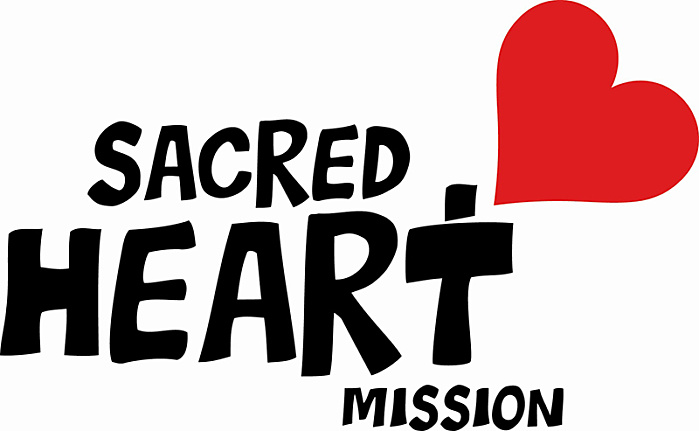
Through the Raise the Rate campaign, ACOSS played a critical role in securing a $20 per week increase to JobSeeker in the FY24 budget and the extension of Parenting Payment Single to 57,000 single parents whose youngest child is aged up to 14.
As the JobSeeker rate still does not match the daily pension rate, ACOSS’s evidence-informed advocacy will persist, especially in the lead-up to the next federal election.
We have also developed the First Nations Solidarity Pledge, committing us to being stronger allies and to working alongside Aboriginal Community Controlled Organisation (ACCO) leaders to support self-determination, close the gap and promote reconciliation.
The outcome of the Voice referendum highlights the need for us to become stronger allies and advocate even more fiercely for Voice, Treaty and Truth.
The not-for-profit sector witnesses daily the impacts of colonisation and dispossession on First Nations peoples, who remain overrepresented in the justice system, homelessness, out-of-home care, and unemployment – the list goes on. We must also remember that only five out of 19 Closing the Gap measures are currently on track.
We will not achieve systemic change without reforming policy to ensure that First Nations peoples have a say in the outcomes that affect them. This includes everything from how government programs are funded to the design of an education system that is culturally safe and responsive to First Nations children and families.
The importance of self-determination and agency for First Nations peoples cannot be overstated.
Firstly, I don’t think any leader in the not-for-profit sector ever gets everything done! It’s always a balancing act – life constantly throws up challenges that we must adapt to.
For me, the alignment between who I am and what I do is so strong that I don’t feel a tension between life and work. Instead, I see it as a "flow" that keeps me going. It is all part of a larger purpose, with work being just one aspect.
My advice for busy leaders is to continuously reflect on whether your work aligns with who you are, your values and your capabilities. When there is alignment, the sense of overwhelm becomes much more manageable.
If not, it might be time to reassess and consider making a change, whether that’s temporarily or long term. I believe it’s important to normalise and talk openly about leaders stepping back from leadership roles when needed, to reset and restore.
I believe the not-for-profit sector is one of the most dynamic in society.
Our work is ultimately about improving life outcomes for those impacted by disadvantage and inequity. We are constantly navigating short-term government funding, economic pressures, and societal expectations, all while addressing complex social and health needs.
By nature, our sector is in a state of continual change.
So, for me, a critical role as a leader is to be a change agent. It’s not just a task or project – it’s a mindset.
I don’t think not-for-profit leaders fear leading change; rather, we are focused on managing and communicating it effectively. If we are not challenging the status quo and striving for a more just society, then perhaps we are not truly leading.

Posted on 18 Feb 2026
When Nyiyaparli woman Jahna Cedar travels to New York next month as part of the Australian…

Posted on 11 Feb 2026
Rev. Salesi Faupula is the Uniting Church’s moderator for the synod of Victoria and Tasmania. Born…
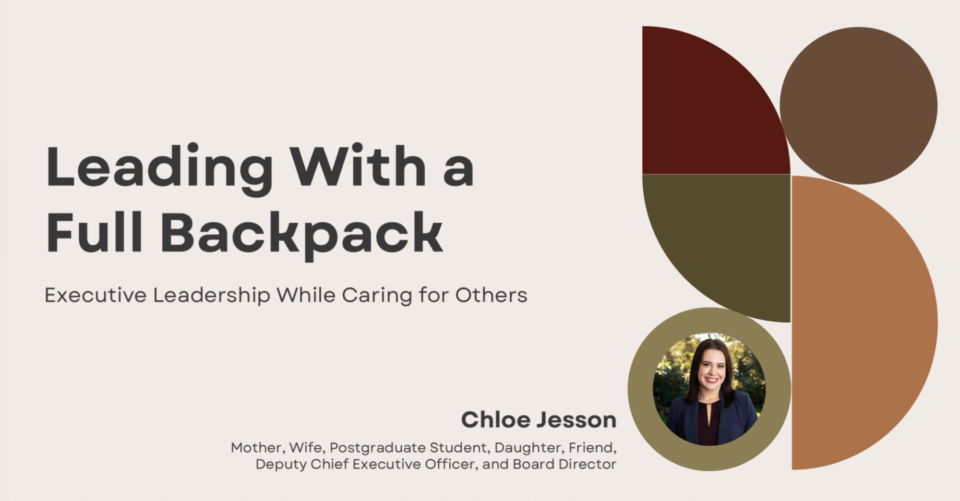
Posted on 04 Feb 2026
At the Third Sector leadership conference in Sydney last year, Queensland health executive Chloe…

Posted on 28 Jan 2026
French-Canadian Jimmy Pelletier, who lives with paraplegia, is six and a half months into a…
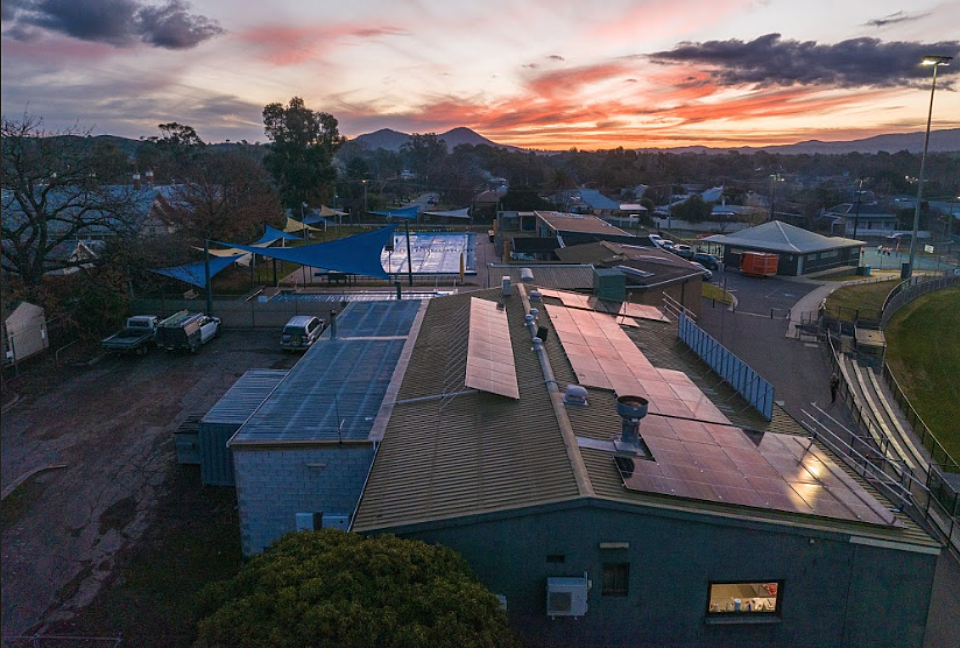
Posted on 16 Dec 2025
Lex Lynch spent more than two decades in the climate change and renewables field before last year…
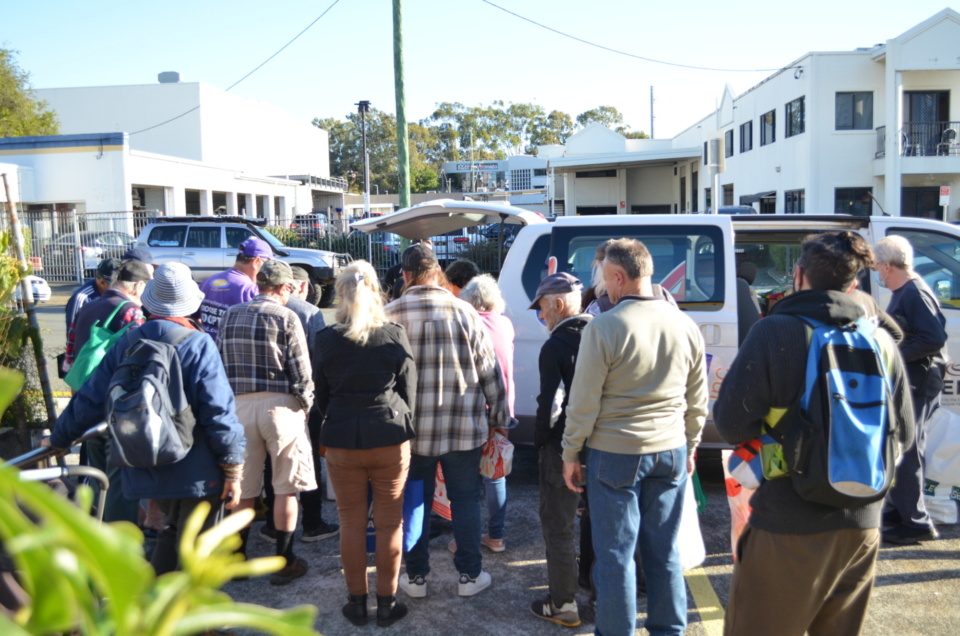
Posted on 10 Dec 2025
A long-time advocate for rough sleepers in northern New South Wales has been named her state’s…

Posted on 03 Dec 2025
Emma-Kate Rose is the co-CEO of Food Connect Foundation, working with communities to support the…

Posted on 26 Nov 2025
Next Wednesday, December 3, All Abilities ambassador Greg Pinson will be celebrating the…
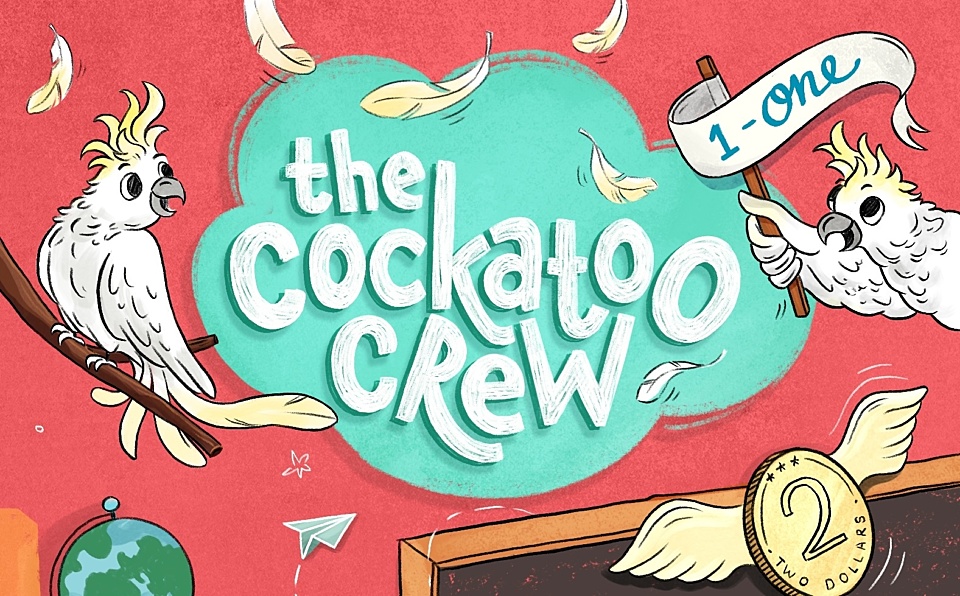
Posted on 19 Nov 2025
Lora Inak is the author of the Cockatoo Crew books, a new children’s fiction series (illustrated by…

Posted on 11 Nov 2025
Project Manta, a long-running scientific study that includes a citizen scientist component, is…

Posted on 04 Nov 2025
Diamando Koutsellis is the CEO of the not-for-profit Australian Ceramics Association, as well as a…
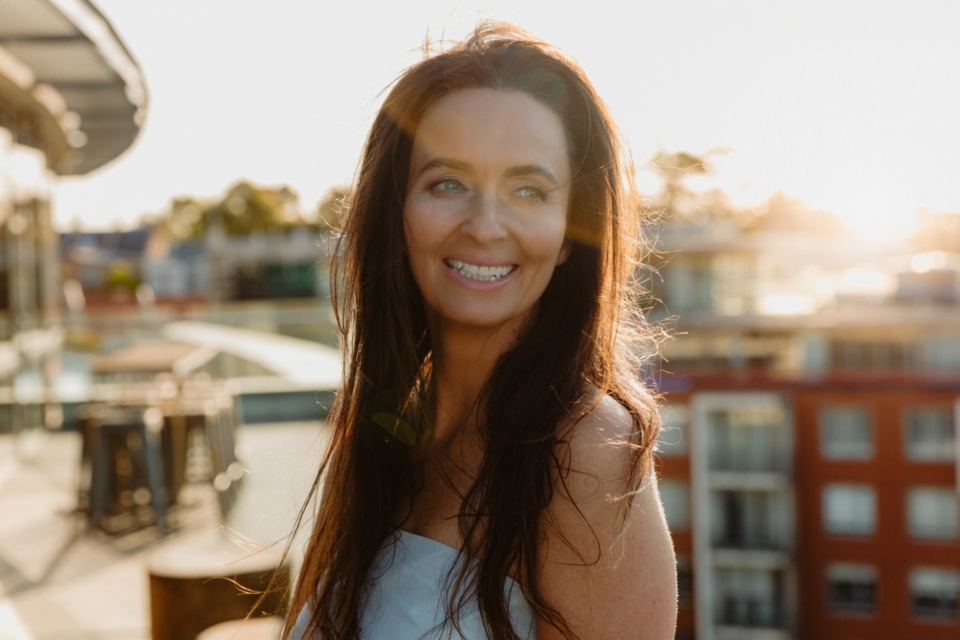
Posted on 28 Oct 2025
Mandy Richards is the founder and CEO of Global Sisters, a charity reinventing employment,…